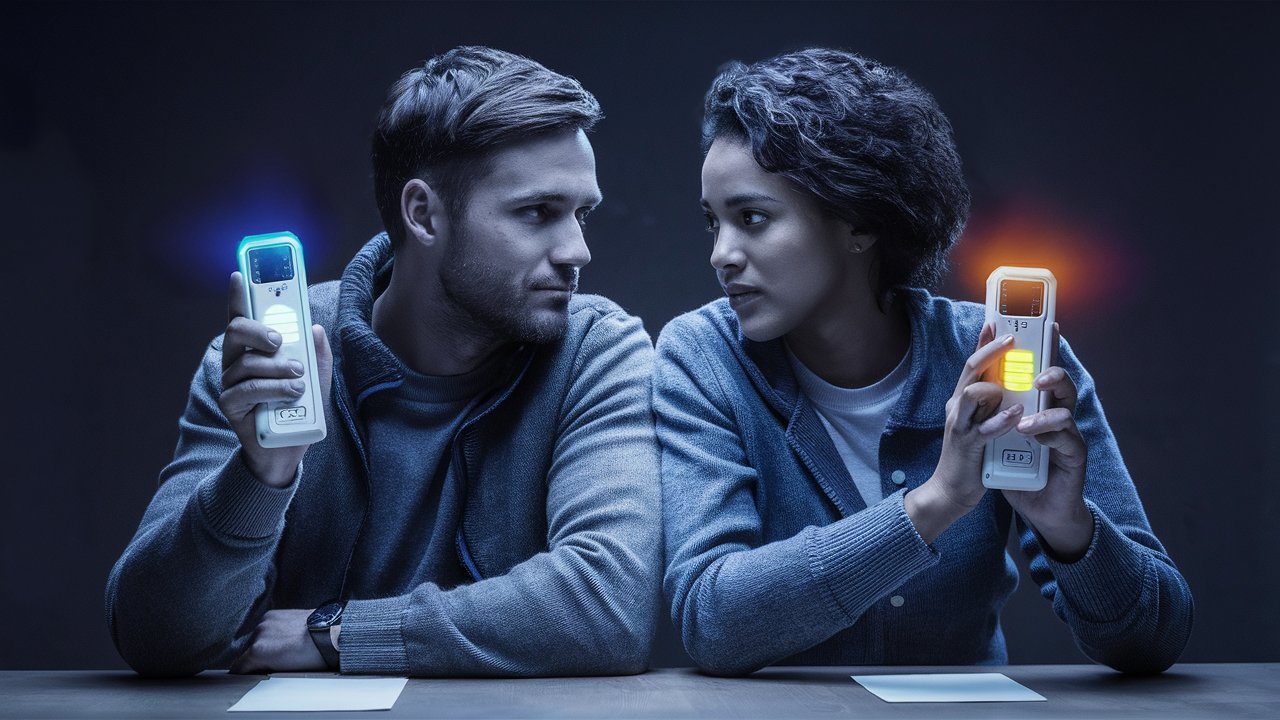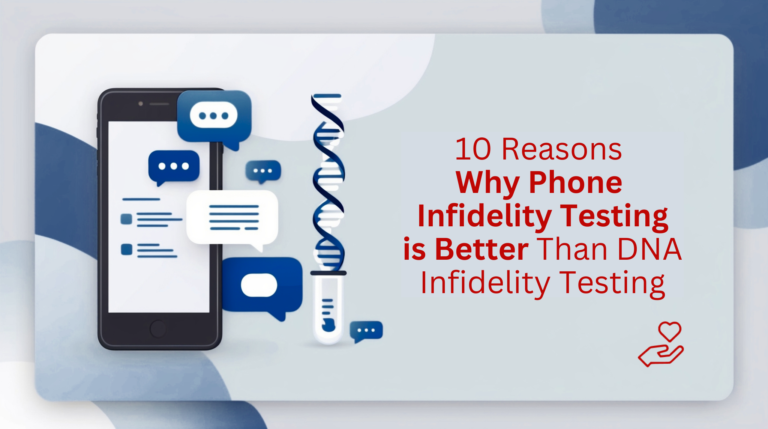In a world rife with mistrust, lie detection tests have emerged as controversial saviors in strained relationships. Delving into the science of deception, polygraphs and newer technologies offer a looking glass into human honesty. This article explores how lie detector tests can serve as tools for couples seeking truth and resolution, and the implications of their use in personal affairs.
Understanding the Different Types of Lie Detection Tests
Understanding the Different Types of Lie Detection Tests
Lie detection tests are designed to assess the veracity of an individual’s statements by measuring physiological responses that indicate stress or deception. There are several methods used to detect lies:
1. Polygraph Tests: The most well-known type, polygraph machines monitor several physiological indicators such as skin conductivity, heart rate, and breathing patterns while the subject answers relevant questions.
2. Voice Stress Analysis: This technique evaluates stress in a person’s voice, which may suggest dishonesty.
3. Functional Magnetic Resonance Imaging (fMRI): It measures brain activity, under the hypothesis that lying activates different parts of the brain than truth-telling.
4. Thermal Imaging: It detects minute changes in facial temperature, which some suggest correlates with lying.
5. Eye-Tracking: When a person lies, their pupils quickly dilate. Now that smartphones have involved, this technology can be used to effective monitor and score lie detection tests using a secure cloud server and artificial intelligence. No human examiner is now needed to get accurate (80% validated by the scientists) assessments of whether someone is telling the truth. Try the ocular test for yourself. No Blood Pressure Cuffs. No Traditional Polygraph.
Lie detection tests can be a powerful tool in criminal investigation and personal relationships, though their accuracy and effectiveness are often debated. Experienced examiners rely on control questions to establish baseline responses before delving into questions relevant to the matter at hand. Honest communication is paramount for a strong relationship, and in some cases, these tests may play a role in the healing process and rebuilding trust.

Is Your Partner Cheating? Uncover the Truth with Professional Lie Detector Tests
When doubts arise regarding fidelity in a relationship, lie detector tests can serve as a valuable tool in uncovering the truth. For these cases a lie detector in the cell phone is ideal, you have the results in two hours with a high percentage of veracity.
Tests can be made with personalized and relevant questions, based on historical facts, such as Did you have sex with XXX after the date DDD? You cannot ask questions such as Do you still love your wife, as this is subjective.
These tests can play a crucial role in the healing process by facilitating honest communication. This can be a powerful step towards resolving trust issues and potentially rebuilding a strong relationship. However, it’s important to remember that lie detector tests should complement, not replace, the broader disclosure process, as they can guide couples into having more straightforward and transparent discussions.
Securing the truth can pave the way to recovery, or it might bring necessary closure, but it’s a pivotal step in deciding the direction of a personal relationship.
What are couples lie detector tests good for?
Objectives of Couples Lie Detector Tests
- Truth Verification: Establishing the complete truth in matters causing conflict or mistrust.
- Communication Enhancement: Encouraging honest communication and disclosure between partners.
- Rebuilding Trust: Aiding in the process of trust recovery by verifying honesty.
Potential Advantages
- Valuable Tool: Acts as a mechanism to prompt truthful dialogue and resolve doubts.
- Healing Contribution: Can be a step in the healing process for a relationship damaged by deception.
Essential Components
- Relevant Questions: Focuses on specific topics of concern within the relationship.
Lie detector tests can serve as a powerful tool in certain contexts, but they are not a cure-all and should be used with careful consideration and ideally, as a part of broader efforts towards building a strong and healthy relationship.
The Benefits of A Lie Detector Test
Lie detection testing empowers individuals to confront their fears and insecurities head-on, thus fostering personal growth and self-awareness in the process. By facing uncomfortable truths and embracing vulnerability, partners emerge stronger and more resilient, both as individuals and as a couple. This testing method becomes a powerful tool for empowerment, guiding individuals and relationships towards greater authenticity and fulfillment.
Lie detector tests, often utilized in criminal investigations, can be a valuable tool for personal relationships plagued by trust issues. By measuring physiological responses such as stress response with dilated pupils, lie detectors can help verify a person’s truthfulness.The Phone Lie Detector is specifically written to see if your partner has been faithful to you and is conducted on a smartphone in about 15 minutes. No wires, blood pressure, cuffs, etc. Just look at the phone and answer some questions, more information here.
Can a lie detector test be beneficial in a relationship? Using a Lie Detector Test to Resolve Conflicts
In personal relationships fraught with trust issues, lie detector tests, can act as a powerful tool in the resolution of conflicts. The test’s capacity to discern truth can be a crucial component of the healing process, allowing parties to move forward from dishonesty.
Lie detector tests focus on control questions to establish baselines and relevant questions that pinpoint specific issues. You don’t need a polygraph test, only a smartphone, and in two hours you have the results. The lie detector can open pathways for honest communication – a foundation stone for any healthy relationship.
The disclosure process facilitated by the results of a lie detector test can lay the groundwork for rebuilding trust. Still, it’s important to remember that it is but one step in the journey towards a strong relationship. Continuous effort in maintaining transparency is key.
Ultimately, while lie detector tests can provide the complete truth for some, they are most effective when complemented by ongoing efforts to establish and nurture trust in a relationship.




